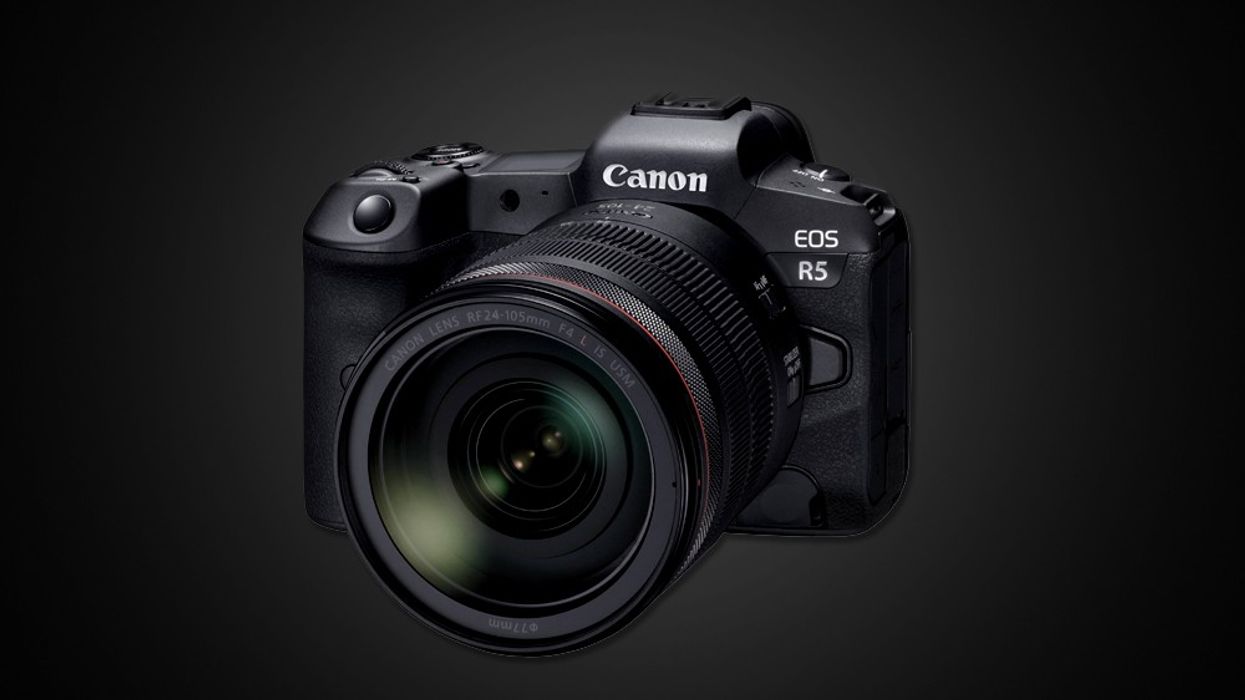Is In-Body Image Stabilization the Real Game Changer for Canon’s EOS R5?
Canon is bringing in-body image stabilization to the EOS R5. How do you think it will stack up?

To quell rumors about its new EOS R5, Canon has been making the unprecedented move of confirming many features prior to its release, including full-frame 8K 30p 4:2:2 10-bit internal recording, multiple 4K formats including 4K 120p, C-Log, HDR PQ, Dual Pixel Autofocus, dual card slots, and for the very first time, 5-axis in-body image stabilization, more commonly known as IBIS, promising to give the EOS R5 an advantage in ultra-smooth video.
Though the bump in resolution is a headline, the real game changer for the EOS R5 could be the addition of IBIS. It’s Canon’s first dive into IBIS, so it will be interesting to see out how it stacks up to the competition. The company will be also be combining IBIS with optical IS stabilization found on RF and EF lenses. Some Canon cameras already rely on EIS (Electronic Image Stabilization), like with the EOS C300 Mark III, but the move to combine IBIS and IS is a welcomed change that should offer cinematographers enhanced stability, even in low light.
IBIS is nothing new and is found on several Fujifilm, Nikon Olympus, Panasonic, Pentax, and Sony camera models. Canon is essentially playing catch up and should be eyeing a level of performance reliability similar to Sony and Panasonic, if not better.
Panasonic's LUMIX DC-S1H is proven among shooters and features 6K recording and a 5-axis sensor-shift image stabilization. Sensor-shift incorporates a floating sensor that helps counterbalance tilt, pan, or roll movements within the camera. The IBIS on the S1H slightly outperforms the group at the moment, and that’s where Canon needs to draw the line to win over users. If the EOS R5 doesn't perform as well as current Panasonic or Sony cameras, will it be able to attract early adopters?
The one hiccup with Panasonic’s IBIS and the OIS found on its lenses is that quick pans and tilts can sometimes create an odd floating effect. The workaround is to turn off the OIS in the menu system if you plan on any fast whip pans. Will Canon find a way to improve upon that specific issue? Ultimately, you have to wonder if the EOS R5 will perform better than the S1H or even the Fujifilm X-T4 being that this is Canon's first go at it.
Are you planning to be an early Canon EOS R5 adopter? What are your hopes for Canon's IBIS performance? Let us know in the comments below.











